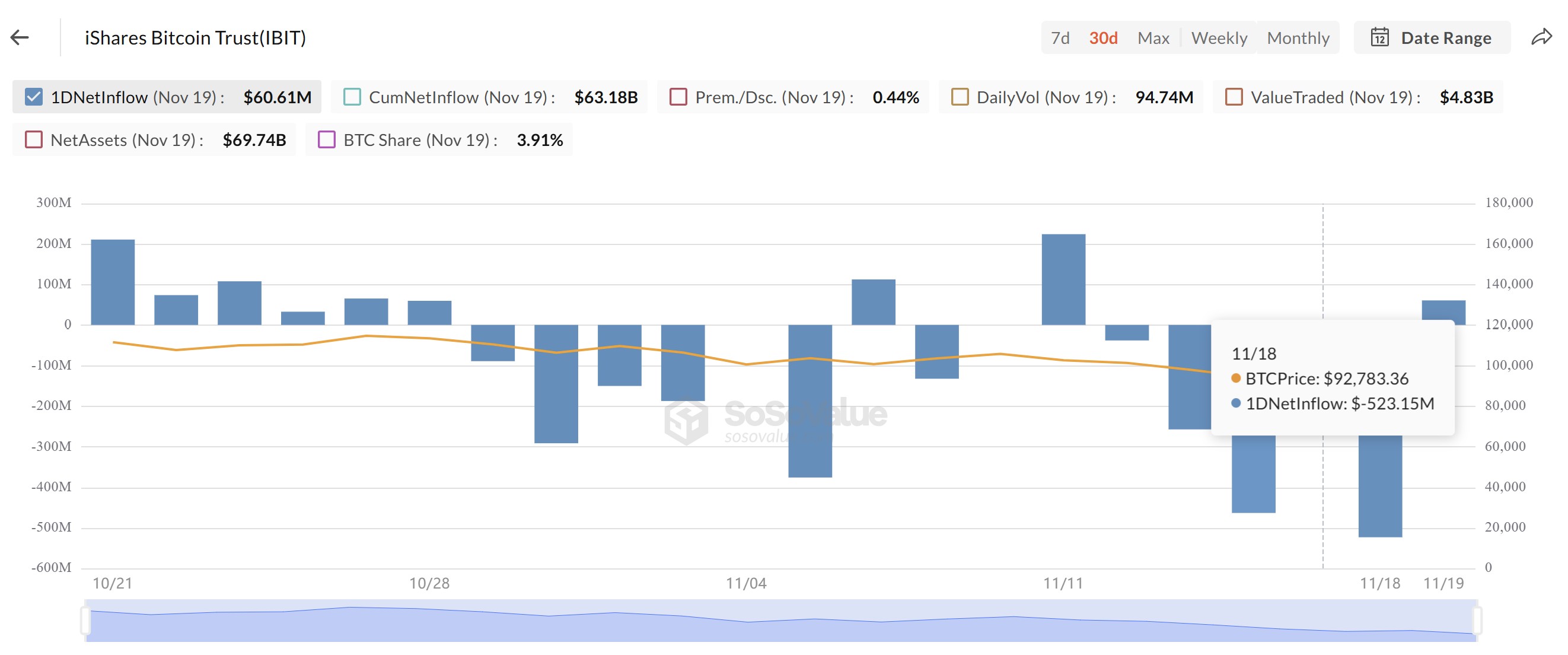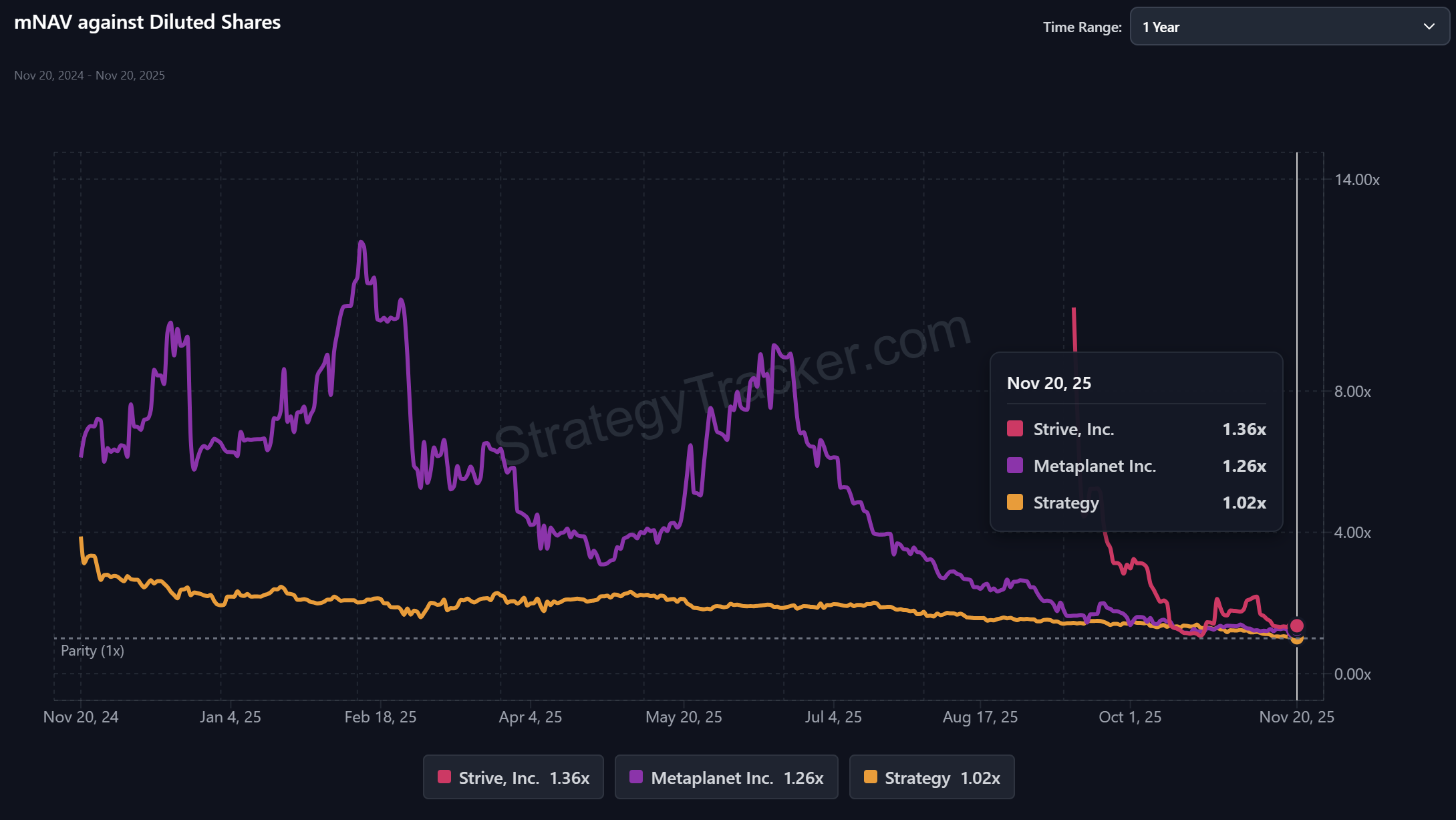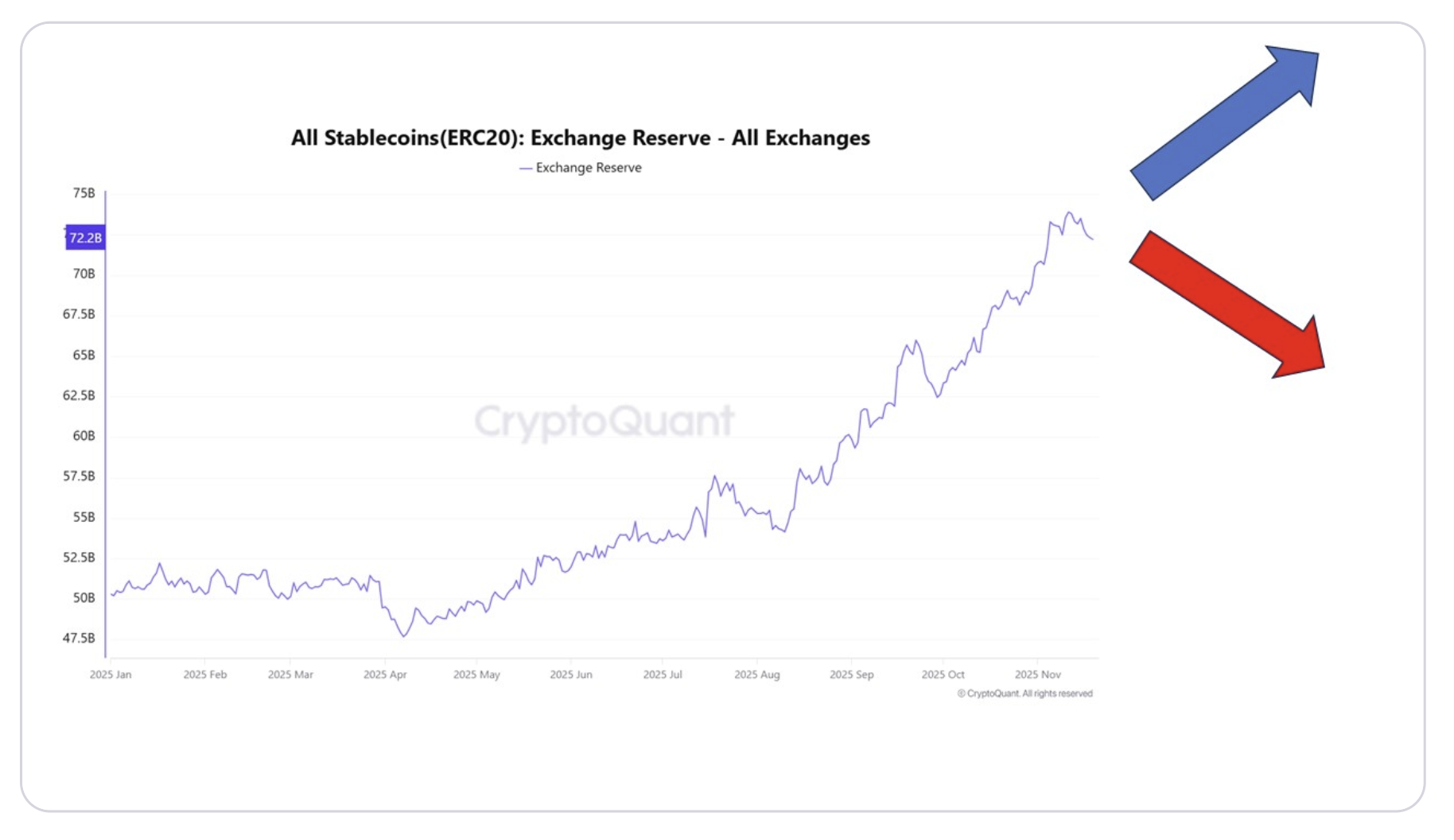
Bitcoin‘s Price Dip and the ‘Max Pain’ Zone
Bitcoin‘s recent price action, dipping towards $86,000, has analysts scrutinizing potential ‘max pain’ levels. A significant factor in this analysis is the cost-basis of major Bitcoin holders, particularly those of BlackRock‘s iShares Bitcoin Trust (IBIT) and MicroStrategy.

The Critical Cost-Basis Levels
André Dragosch, head of research at Bitwise Europe, identifies a crucial range for potential capitulation: between $73,000 and $84,000. These levels represent the approximate cost-basis for MicroStrategy and BlackRock‘s IBIT, respectively. This range could be where the market finds its bottom, with prices potentially reaching “fire-sale” levels, representing a full reset of market positioning. This scenario is driven by the fact that when prices approach the cost-basis of large holders like ETFs, sentiment can rapidly deteriorate. ETF holders may start considering redemptions, adding to downward pressure.
BlackRock‘s IBIT and Market Sentiment
IBIT’s cost basis reflects the average price at which the ETF acquired its BTC. The recent outflows from IBIT, including a single-day outflow of $523 million, indicate this dynamic is already in play, contributing to a total of $3.3 billion in ETF outflows over the past month. These outflows, representing 3.5% of total assets under management, highlight the sensitivity of market participants to price declines and the potential for a cascading effect.
MicroStrategy‘s Vulnerability
MicroStrategy‘s position is more precarious. Its Net Asset Value (NAV) has recently fallen below 1, indicating that the market values the company’s equity at a discount relative to its Bitcoin holdings. This often signals tightening liquidity and heightened risk aversion. A retest of the $73,000 cost basis could significantly worsen sentiment and trigger further de-risking, especially if macroeconomic conditions deteriorate.

Macroeconomic Factors and the Fed’s Influence
Beyond the cost-basis levels, macroeconomic factors also play a critical role. The Federal Reserve’s stance on interest rates is a key driver. Uncertainty surrounding the December Federal Open Market Committee (FOMC) meeting, fueled by delayed economic data and persistent inflation, has diminished rate-cut expectations. The minutes of the FOMC show a divided committee balancing 3% inflation with the risks of premature easing. If the Fed refrains from cutting rates, liquidity could remain restricted, exacerbating the market’s sell-off pressure.
Stablecoin Reserves: A Bullish Signal?
Despite these headwinds, stablecoin reserves on exchanges have reached a record $72 billion. Historically, this level of accumulation has preceded major Bitcoin rallies, suggesting a potential for future price increases once macroeconomic clarity emerges.

Potential Price Outlook
Analysts anticipate that Bitcoin may trade within a $60,000-$80,000 range into year-end if the Fed maintains its current monetary policy. This scenario underscores the critical interplay between market sentiment, institutional cost-bases, and the overarching macroeconomic environment. Investors should be prepared for volatility as the market navigates these complexities.
This article does not offer financial or investment advice. Always conduct thorough research before making any decisions.


